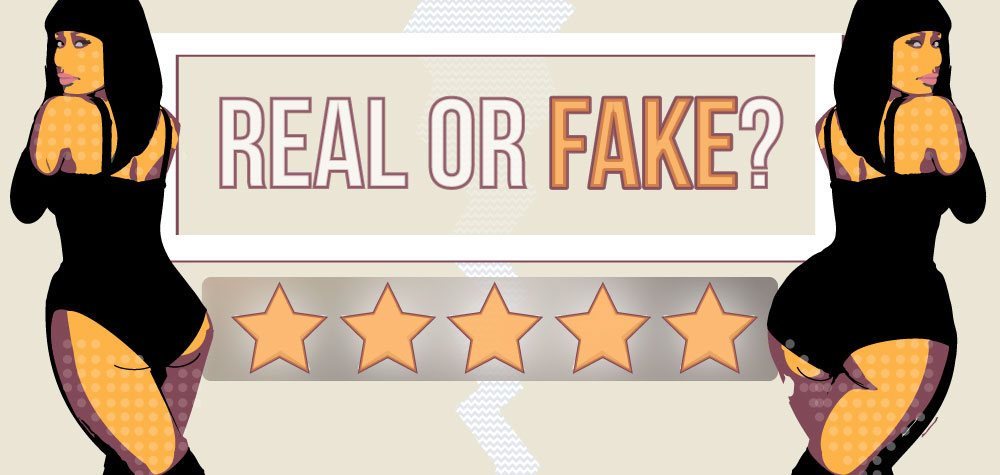[vc_row][vc_column][vc_column_text el_class=”bulletblog”]
Reviews are only valuable if they can be trusted to be unbiased and real. Here are 10 tips you can use to spot the fake ones.
- Does the reviewer have more than one review posted? We are confident that some review sites like Yelp use this criteria to decide if the review is legitimate or not.
- The reviewer has only posted reviews for one brand or manufacturer.
- The product is referred to by it’s entire name and model number over and over. Shady reviewers may do this in an effort to squeeze out more search engine optimization juice.
[/vc_column_text][/vc_column][/vc_row][vc_row][vc_column][vc_column_text el_class=”bulletblog”]
- An adverse review that goes on to speak about how vastly superior it’s competitor is should be looked at with suspicion. Sometimes the “reviewer” or in this case competitor will actually post their URL to try and gain traffic from individuals searching for a similar product or service.
- There are only a few reviews and all of them glowing. Unscrupulous owners will at times, solicit reviews from their uncle, best friend and vendor in order to artificially boost their online reputation. This is probably why Google won’t give a business a star rating until it has at least 5 reviews.
- Does the reviewer use the same language that the website of the product or service uses? Beware of marketing speak as it is used by marketers and not by most regular Joes.
- Has the company recently been featured in the news? Other reviewers may come out of the woodwork to support or to damage a cause that a particular business may stand for. Recently, a restaurant in Denver’s Yelp listing featured the following message:
 It received so much traffic because it’s owner caused a ruckus by aggressively going after Yelpers who had left a negative review of his establishment. People know that reviews can be powerful weapons that can be used to reinforce or injure a company depending on the agenda of the reviewer themselves.
It received so much traffic because it’s owner caused a ruckus by aggressively going after Yelpers who had left a negative review of his establishment. People know that reviews can be powerful weapons that can be used to reinforce or injure a company depending on the agenda of the reviewer themselves.
https://kdvr.com/2016/03/09/tough-to-swallow-restaurant-owners-fight-back-against-negative-yelp-reviews/ - The reviewer says little to nothing about the product or service itself.
- Does the review seem fair? Believe it or not most consumers will have had a pretty good, okay or not great experience. The outliers who use extreme language to describe a brand or use all caps to convey their message should be looked at with a grain of salt.
- The review is too short. If the reviewer just wants to affect the star rating but does not want to provide details on why they would or would not do business with said company again, the review is likely as fake as Niki Minaj’s butt implants.
[/vc_column_text][/vc_column][/vc_row][vc_row][vc_column][vc_column_text]
[/vc_column_text][/vc_column][/vc_row]


